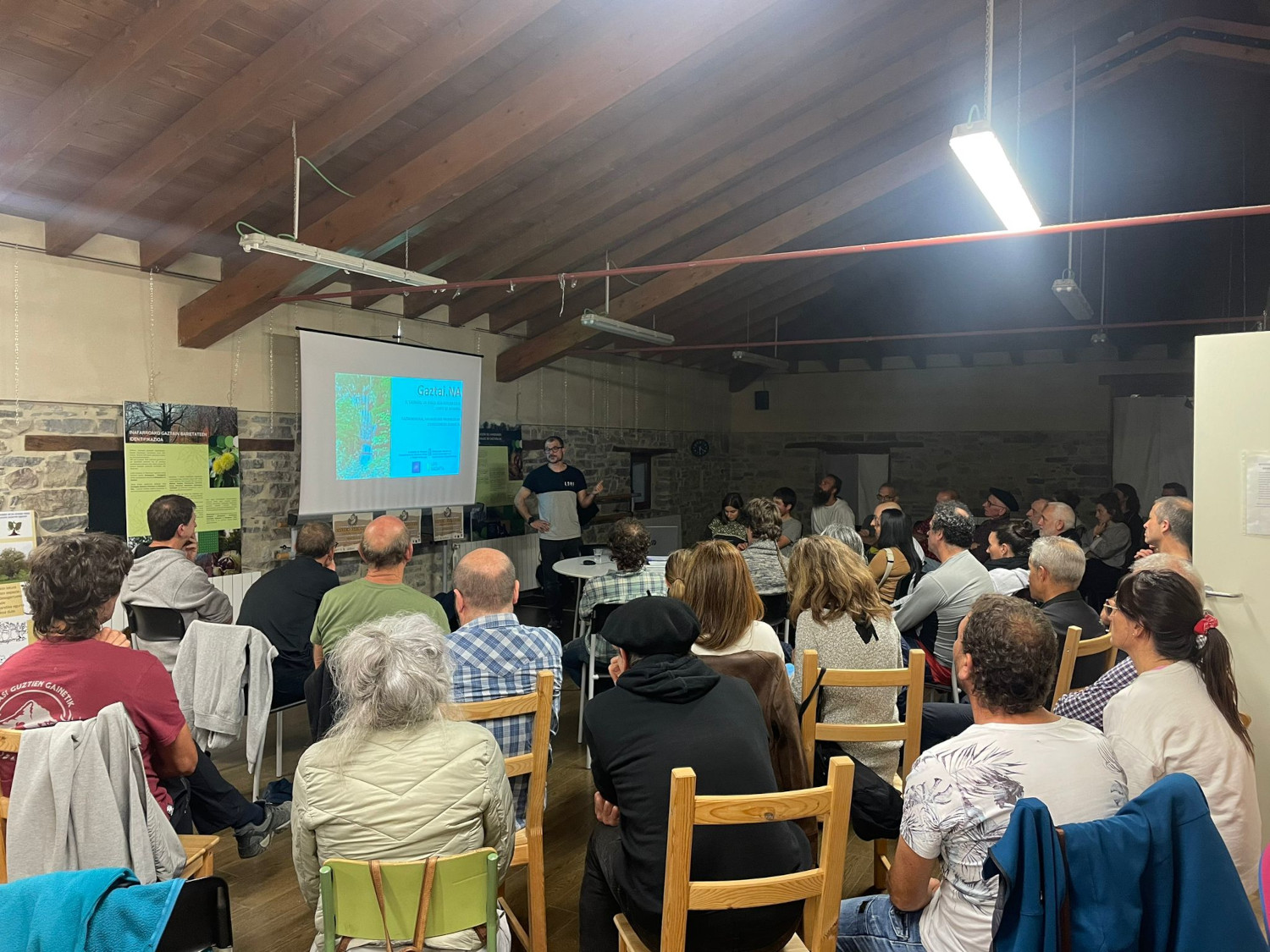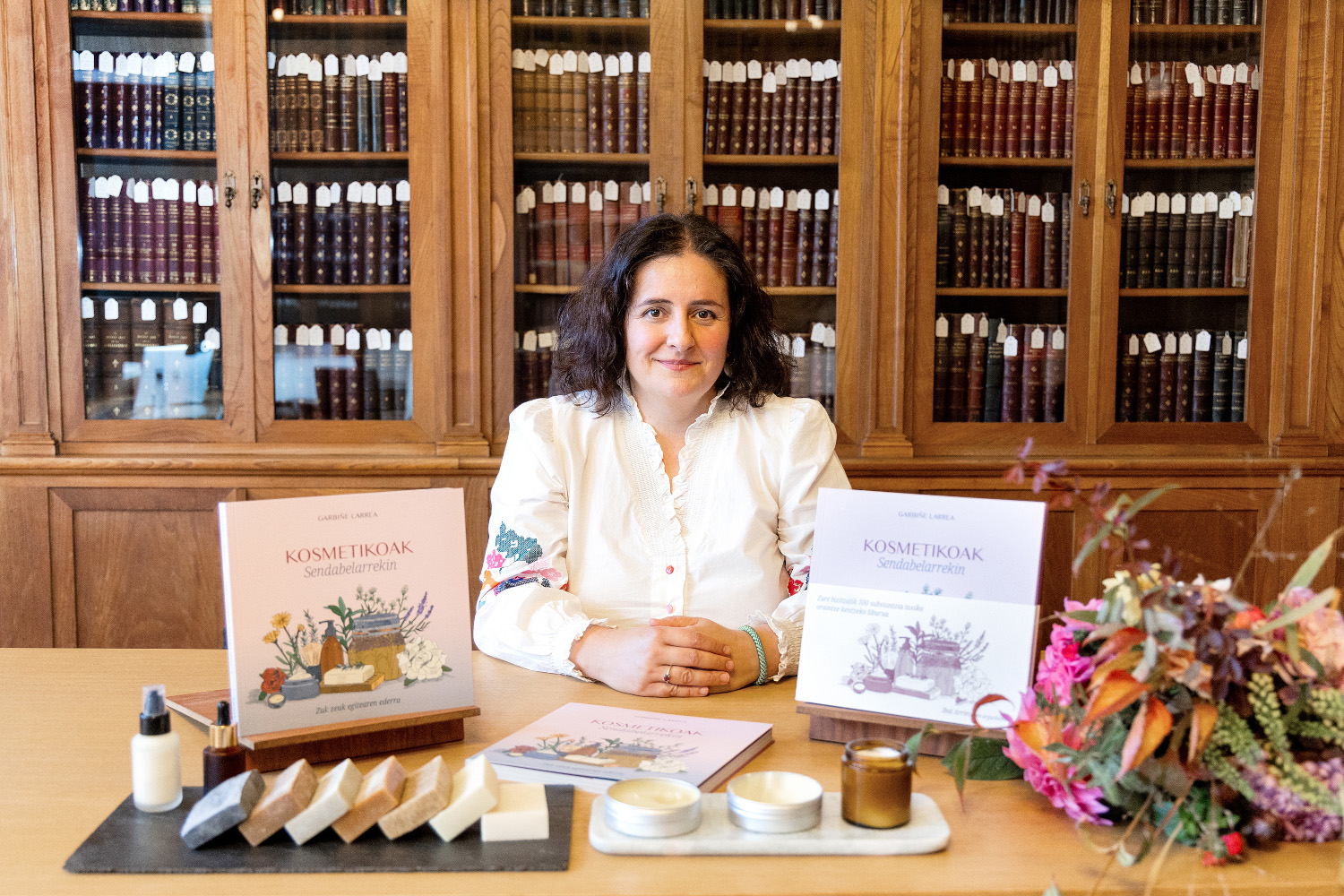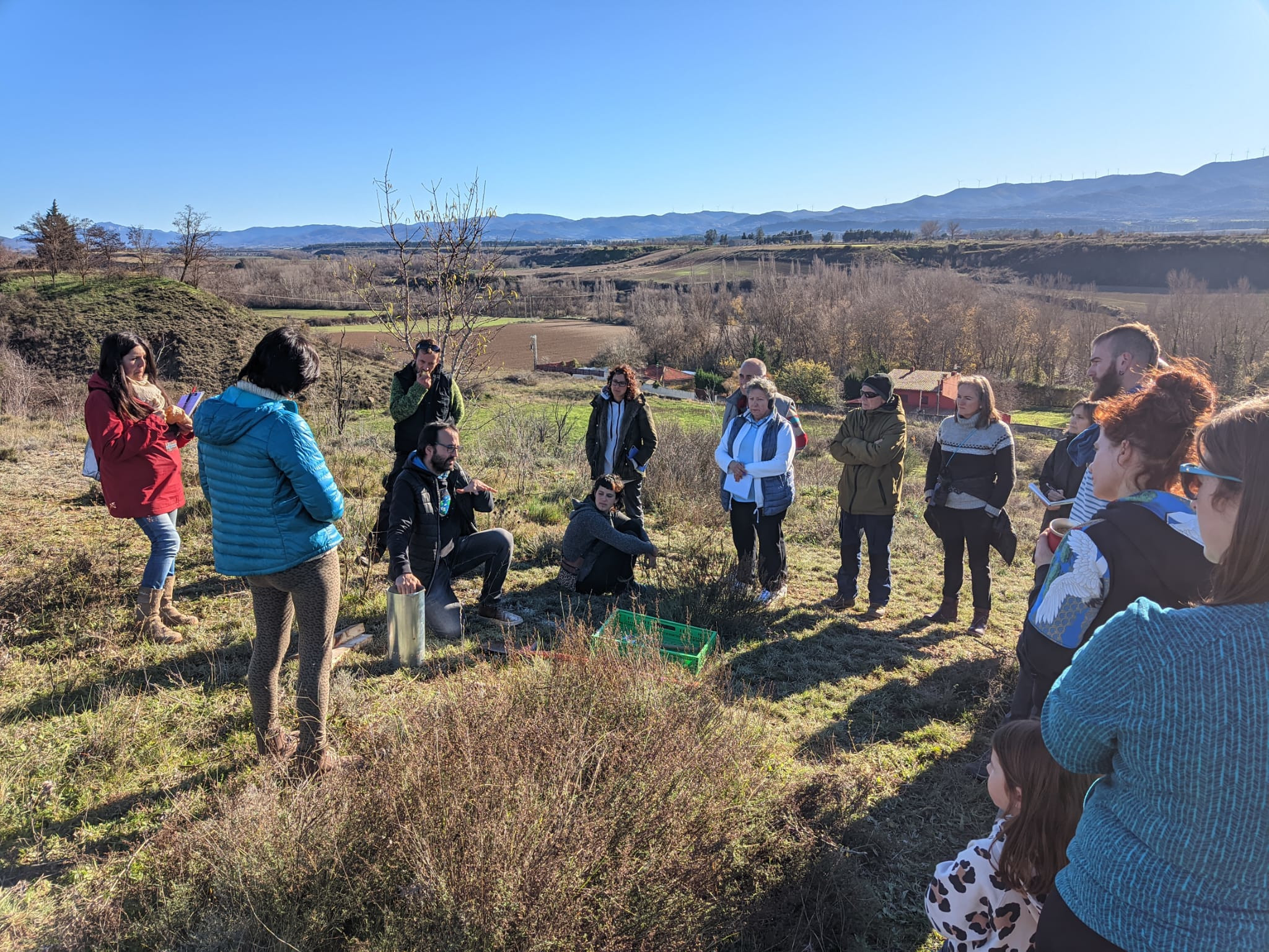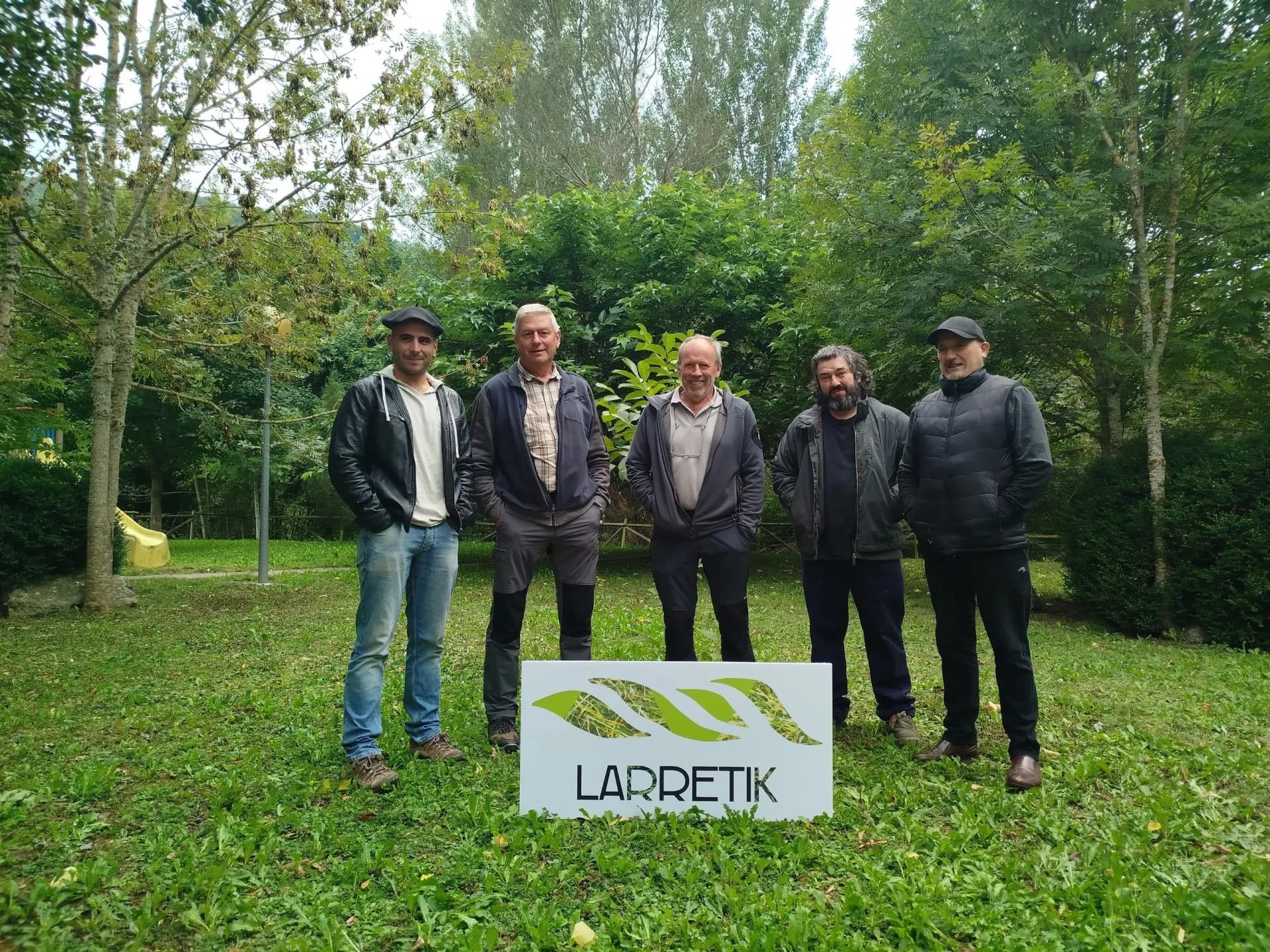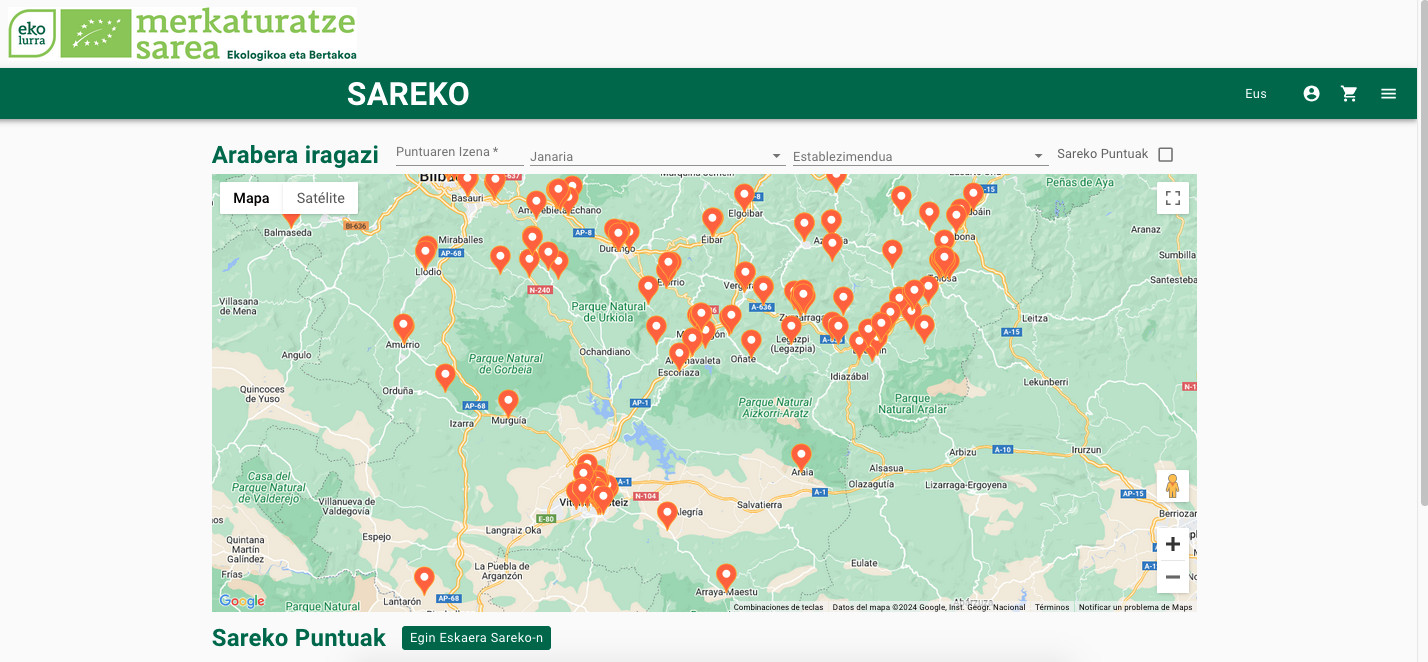"Most people will read this book with a smile and curiosity."
- In 1983 he began working professionally with the bees Martxel Aizpurua Agirre, author of the book Erleekin solasean. He collects fifteen “interviews” as a journalist with the different bees of the hive, the beekeeper and the Makala tree, explaining in an agile and humorous way the life and functioning of the hive. The book is available on the website of the Basque University of Summer.

What drove him to investigate the world of bees and what drove him to write the book?
I'm a training biologist, I studied prehistoric pollen for several years with the Aranzadi Society, and then I went with my brother to put some bees and examine the pollen of his honey. Then I had a pause: when I was in an African sea on a project back into the world, I thought I had to start in the primary sector. In the primary sector, in what? Well, it couldn't be otherwise: making laws and making weddings! As for the book, I already have written about bees, but in its origin there are three articles that I published a long time ago in ARGIA: I found them between old papers and decided to give it continuity.
And why did you decide, from humor, to write as an interview?
I think, instead of talking to Her, it could also be the title, "Playing with bees." I started like that because I like to imagine and grow things like that. Now, speaking to those who have read, it seems to me that whoever knows something about bees reads with a smile and that for those who do not know anything it is easy to read. In addition, more than one teacher told me it's a nice material to work in class.
He has had the opportunity to interview the entire hive…
Yes, I have made interviews with several bees: with the queen, with the herlamando, with the safety officer, with the doctor, with the accountant… the story is complemented after reading it. I decided to do it, because I remembered that when I was a kid, at dinner time, fictional radio interviews were broadcast between a veterinarian and a peasant, and how everybody was there, without saying anything, around the radio. I've always loved those conversations.
Has beekeeping changed a lot in the last 30 years?
Yes. When we founded the association in 1986 we met with a very old beekeeping, and due to diseases we were forced to make changes: organize courses, innovate, change the model of beehive… Now in Euskal Herria there are great professionals and there is a lot of knowledge of bees. Thanks to the partnership, the sector is partly formed and there are resources. We were, in a way, the bridge between beekeeping in the past and now.









